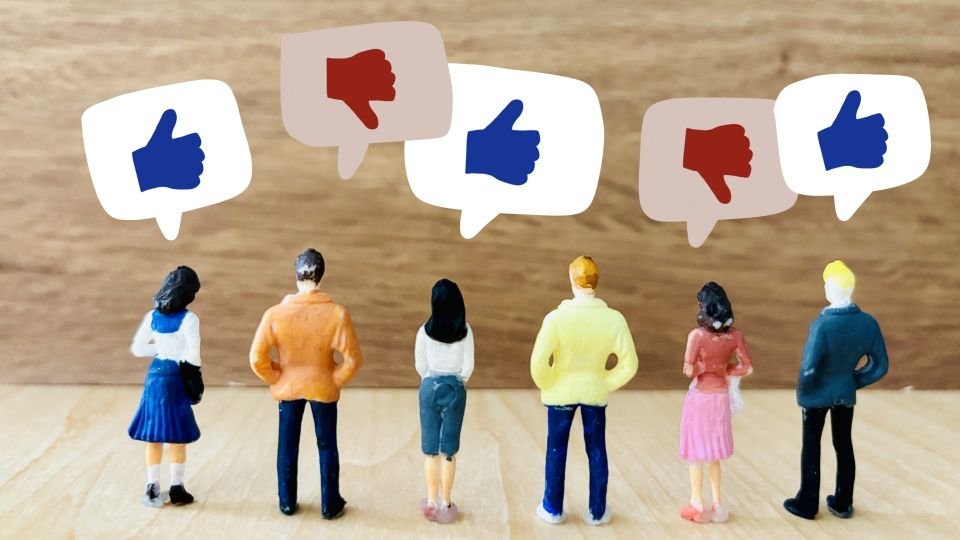The news piece delves into the growing phenomena of "cancel culture" in Japan, examining its effects on individuals who have been at the receiving end. While no particular incidents or timeframes have been mentioned, the report broadly covers the repercussions experienced by those who have been "cancelled" for alleged wrongdoings or controversial actions, a trend that has gained prevalence mostly in the digital sphere. It also hints at the socio-cultural factors that contribute to the rise of this trend in Japan.
In Japan, harmony and the collective consensus hold paramount importance, and the rise of cancel culture acts as a counterpoint to these long-standing values. People usually avoid public confrontations, considering them disruptive to social harmony. The shift towards a more confrontational societal practice is a subject that many are grappling with, and hence holds significant relevance in public discourse.
Cancel culture is prevalent in both the US and EU, often fueled by the free and open discourse promoted in these regions. However, there tends to be more legal protections for free speech, and the public sentiment can be more divided on the issue, with some viewing cancel culture as a tool for accountability while others see it as a threat to free expression.

